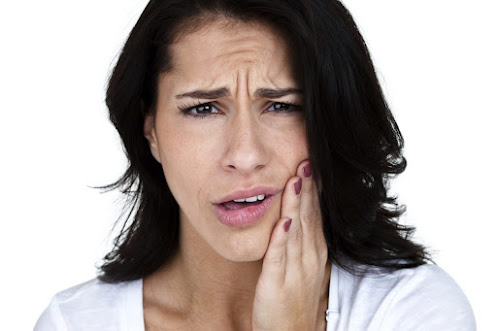The temporomandibular joint (TMJ) is a joint that connects the lower jaw to the temporal bone on either side of the face. The temporomandibular joint is capable of both hinge and sliding motions, allowing us to shift the jaw side to side and forward and back to do things like chew, yawn, and talk.
While people often refer to problems with the joint as TMJ, that is the name for the joint itself and TMJ pain is actually a TMJ disorder and part of a larger category of temporomandibular disorders (TMD). TMD involves the temporomandibular joint or its associated structures, such as the discs, muscles, cartilage, and ligaments.
The most common TMD symptoms include:
- Popping, clicking, or a grating sensation when you open and close your mouth
- Pain and tenderness in the jaw, face, neck, or shoulders
- A decrease in jaw mobility leading to trouble opening the mouth fully
- Muscle spasms around the jaw
- Frequent headaches, earaches, pressure, and pain behind the eyes
If TMD is left untreated, it can lead to inflammation, swelling, or chronic pain. It can also contribute to progressive dental problems, such as premature tooth wear and periodontal disease.
Treatment of TMJ disorders depends on the cause. Custom nightguards or oral splints can be an excellent way to get relief without medication. If TMD is due to malocclusion or an imbalance in bite forces, braces or Invisalign can align the teeth and jaws, which repositions the TMJ and surrounding structures.
There are other issues that can cause the symptoms most experienced with TMD, such as tooth decay, gum disease, and even medical conditions like arthritis. That’s why it’s important to receive a proper diagnosis and the appropriate treatment from experienced orthodontist like Dr. Kelly. If you’ve been experiencing any of the symptoms associated with TMD, give Kelly Orthodontics a call.






No comments:
Post a Comment